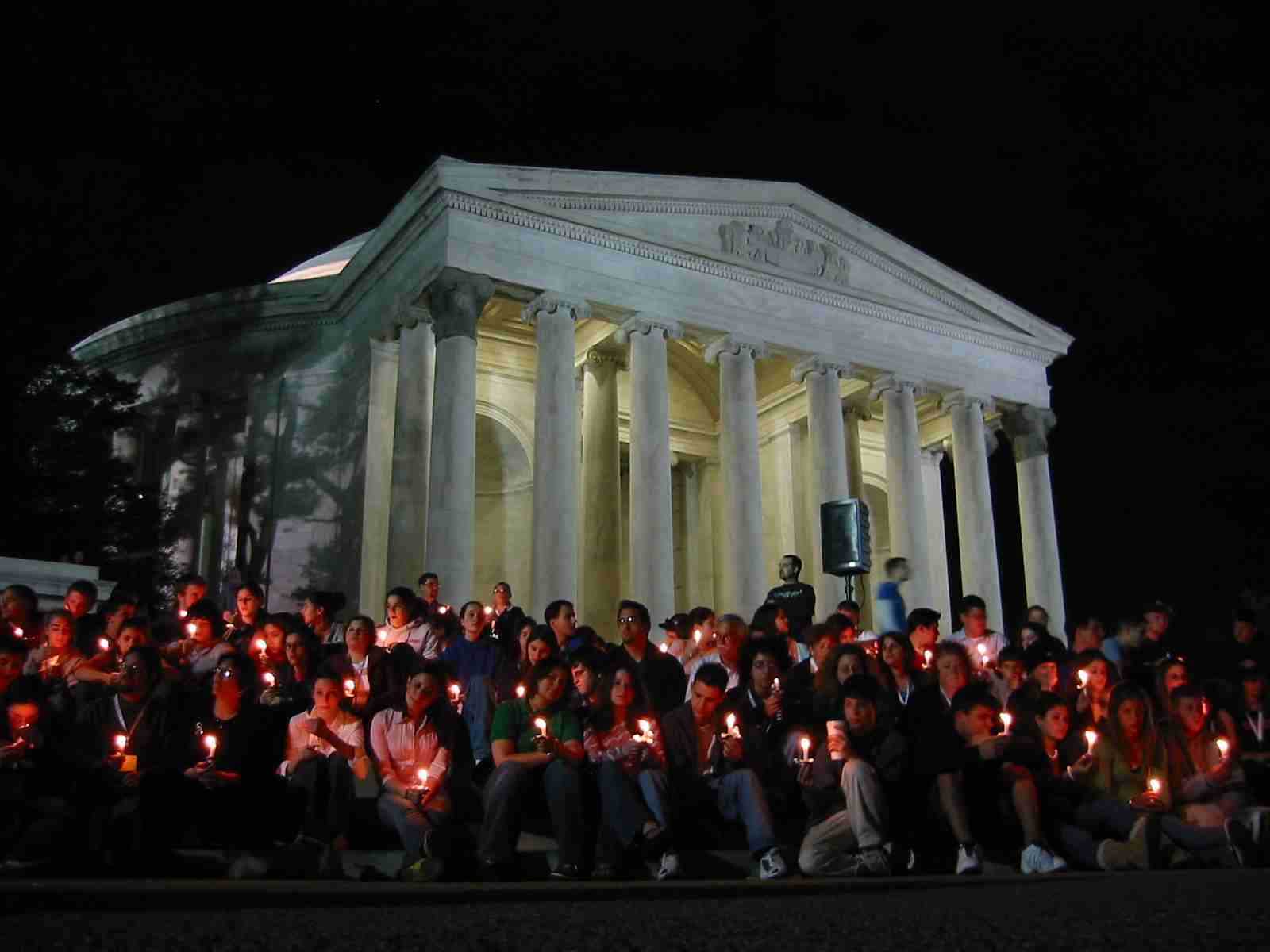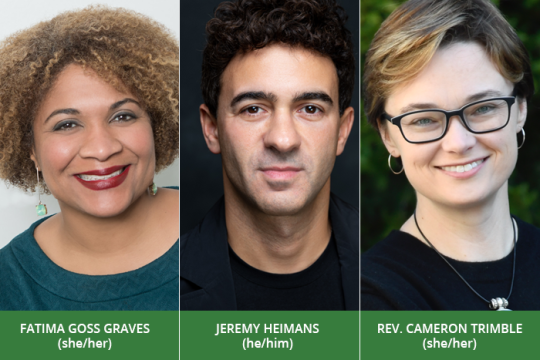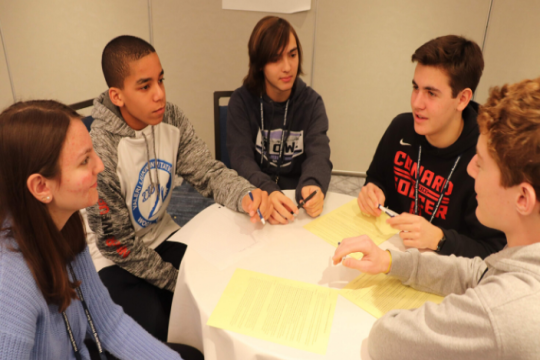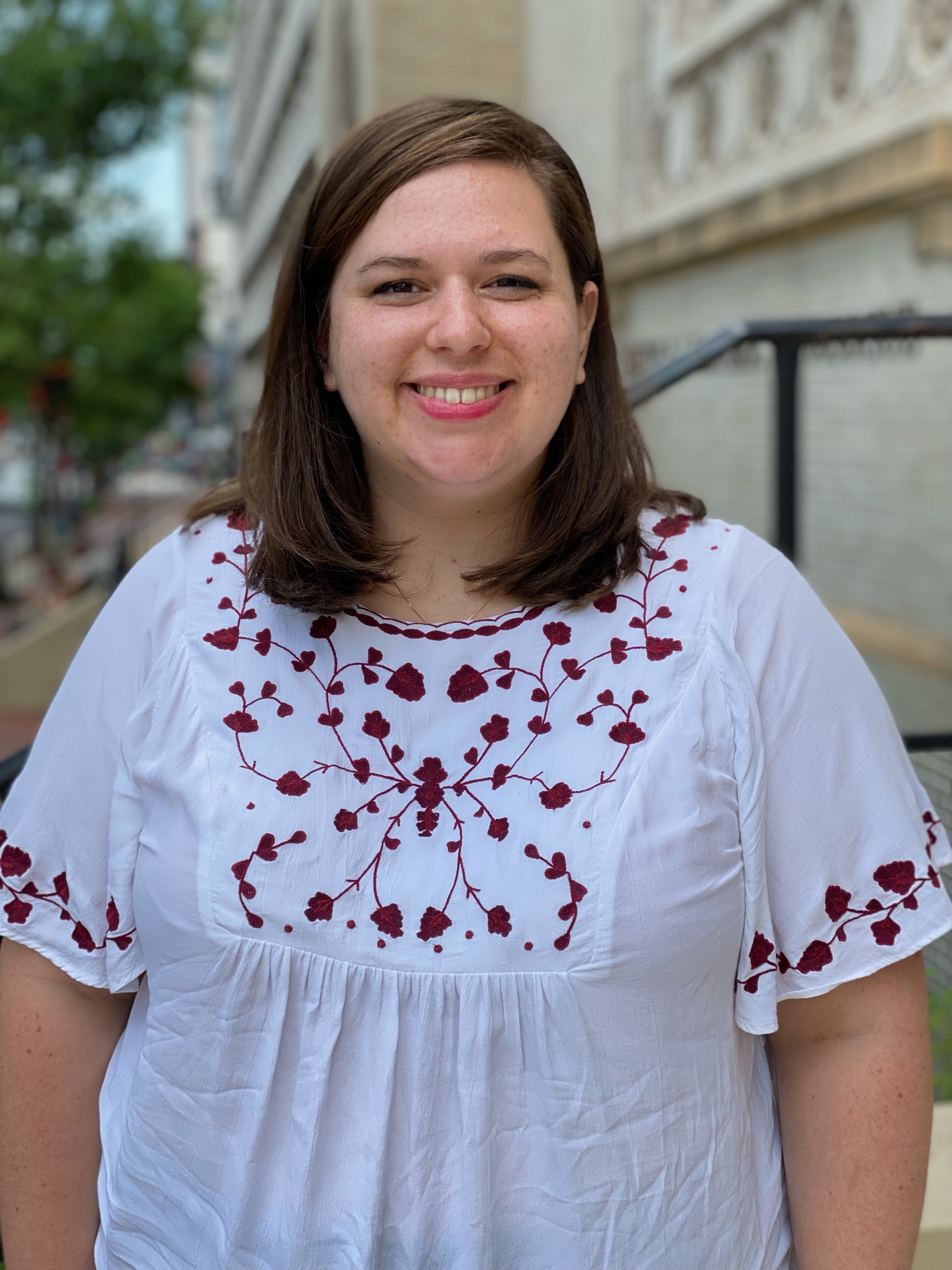
L'Taken is a transformational, innovative, and fun four-day program in Washington, D.C. that teaches high school students about the intersection of Jewish values and public policy. The program also trains them in leadership skills. Each year, over 2,000 teens attend L'Taken with a delegation from their synagogues from across the United States. The weekend culminates on Capitol Hill, where each participant speaks with their respective Congressional representatives on an issue they learned about during the seminar. It is a powerful day that is the highlight of the program.
Anyone who has attended a L'Taken Social Justice Seminar can attest to the change in the atmosphere as the weekend unfolds. From tentatively meeting new people at Friday night dinner to confidently discussing the Reform Jewish values around major public policy topics on Sunday afternoon. The excitement and energy are palpable on Sunday night as they prepare for their advocacy meeting on Monday. Teens huddle with their writing groups in the hotel's breakout rooms and their pieces start to sync with passionate Monday speeches.
L'Taken is often teens' first introduction to advocating for systemic change compared to a direct service or action. L'Taken uniquely and explicitly links Jewish values and texts to current public policy issues in our country and communities. For many participants, L'Taken can be one of the first times teens experience how their voices and values can be taken seriously and impact the world around them.
L'Taken does not explicitly intend to increase students' political ambitions; rather, it models participation in public civic life. Recently, Ethan Porter, Assistant Professor of Media and Public Affairs at The George Washington University, and Joshua Kalla, Assistant Professor of Political Science at Yale University, sought to examine what effect this program marrying students' Jewish identities and their civic passions has on their ambition to pursue public office.
Women, transgender, and non-binary people are under represented among those who pursue public office, according to the Kalla and Porter study, which gathered data from 2019 and was published this year. These associations and ambitions of who can and will run for office start forming at a young age. In their initial findings, Porter and Kalla noticed that, among teens coming into the program, male-identifying participants were more likely than female-identifying participants to state a desire or intention to someday seek public office.
Kalla and Porter's study was conducted via text. The researchers texted students anonymous surveys in the lead up to L'Taken and then texted them the same questions in the weeks following. Porter and Kalla asked students to rate their political ambitions. The surveys also asked students to select their gender identity. They found "L'Taken did not close the gender gap in ambition, but it did increase political ambition among female-identifying participants." (Kalla and Porter, 2022). Young women's intent to run for and interest in public office increased to meet young men's interest prior to attending L'Taken. The study did not compare students who selected gender identities other than "man" or "woman" in the gender-based results. While the program did not close the gender gap, and was never designed to increase political ambition, it had a demonstrable impact on the way young women envisioned their future and the ways they create change in the world.
When this study took place in 2019, most of the lead RAC staff on L'Taken were women. There were women at the front of the program, speaking about major public policy, legislative priorities, and their Jewish values. Kalla and Porter posit "if female participants meet with female representatives or staffers during lobbying day, those representatives might serve as role models who fuel their own ambition."
This program is building an important and much-needed connection for young women to see themselves as a necessary part of the public sphere. Working in public office is not just a career aspiration, but also reflects how one sees one's civic responsibility. Currently, women account for only 27% and BIPOC account for 23% Members of Congress. These percentages are the highest they've ever been and are still an underwhelming minority. Women's role in the public sphere has never been more needed.
L'Taken empowers teens to find their own voice, to speak truth to power, and connect their Jewish identity to their civic identity. As clearly exemplified by Porter and Kalla's study, these skills are not separate from participants' confidence to envision themselves running for office and more widespread civic engagement. Kalla and Porter found that, "participation in L'Taken, a program that explicitly links political engagement to Jewish identity, increases respondents' beliefs that their politics and Judaism are linked." L'Taken is an unmatched opportunity for teens to build the skills they need to speak, write, and advocate for their values and the issues they care about through a Jewish lens.
To now have data that shows the impact that L'Taken has made on young women's political ambitions and connection with Jewish values is something to be celebrated. This impact is thanks to the hundreds of people who have worked to include participants from their congregation, chaperoned groups, volunteered for, staffed, and supported L'Taken. I'm so proud to have worked on this program that inspires and instills a devotion and ambition to enter the public sphere for all young women and other often-underrepresented teen identities.
Related Posts

Registration Open & Speakers Announced for Leading Change: A URJ Summit

Democracy Is a Promise We Renew Every Day


